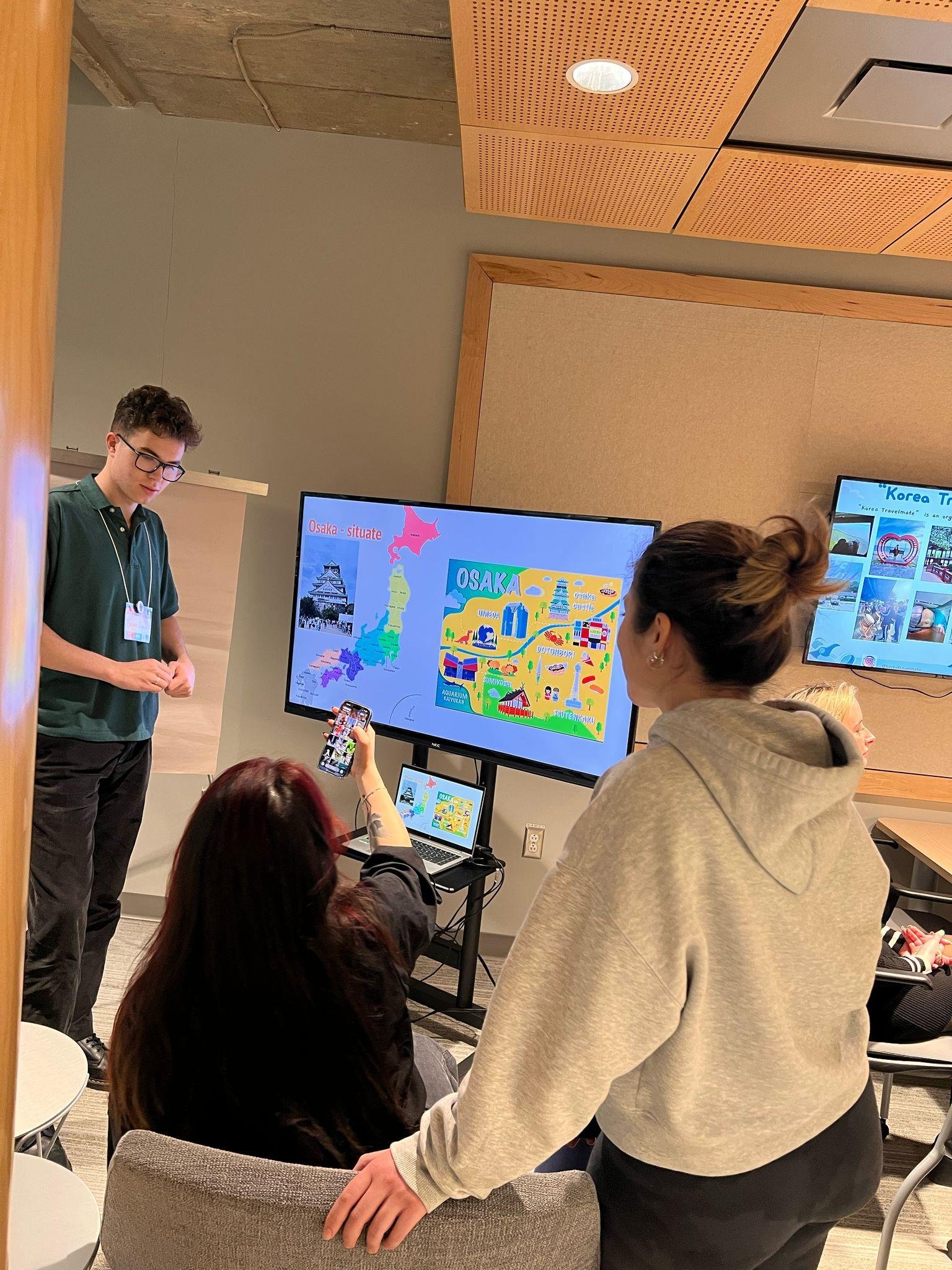Many words commonly used in conversational or academic English have different meanings in the context of science writing. It's important to use these words correctly to avoid confusing or misleading the reader. Some of these problematic words, and their scientific usages, are given below.
Hypothesis
A proposed explanation for an observed phenomenon. A hypothesis can be experimentally tested.
Commonly found in Introduction or Discussion. (See our handout about the typical structure of lab reports)
Theory
A hypothesis that has been thoroughly tested and is supported by so much experimental evidence it is generally accepted as true.
Commonly found in Introduction or Discussion.
Model
A physical, mathematical or conceptual framework that shares key characteristics with a natural object or phenomenon. Used to explore, explain, or predict the real thing.
Commonly found in Introduction or Discussion.
Accurate
Refers to how closely an experimental measurement reflects the true value.
Commonly found in Results.
Precise
Indicates a high degree of similarity between repeated measurements.
Commonly found in Results.
Significant
Commonly used as a synonym for "important." In scientific writing, implies "statistically significant," meaning a high probability that an observed effect is real (as opposed to merely chance). Should always be accompanied by a p- value (e.g. p = 0.05).
Commonly found in Results.
Correlation
The degree of similarity in the way two variables change. A statistical calculation expressed as an R value. Two variables can be correlated in the absence of a causal relationship.
Commonly found in Results.
Cause
Indicates that one variable changes as a result of change in the other variable.
Commonly found in Results.
The data support/suggest
Implies that the evidence is consistent with the explanation presented, but other possibilities exist that could not be ruled out.
Commonly found in Discussion.
The data indicate
Implies a high level of certainty that the proposed explanation is most likely to be the correct one.
Commonly found in Discussion.
Proof
Absolute certainty that a conclusion is correct. Used in mathematics and logic, but not generally applicable in science writing.
Commonly found in Discussion.


















